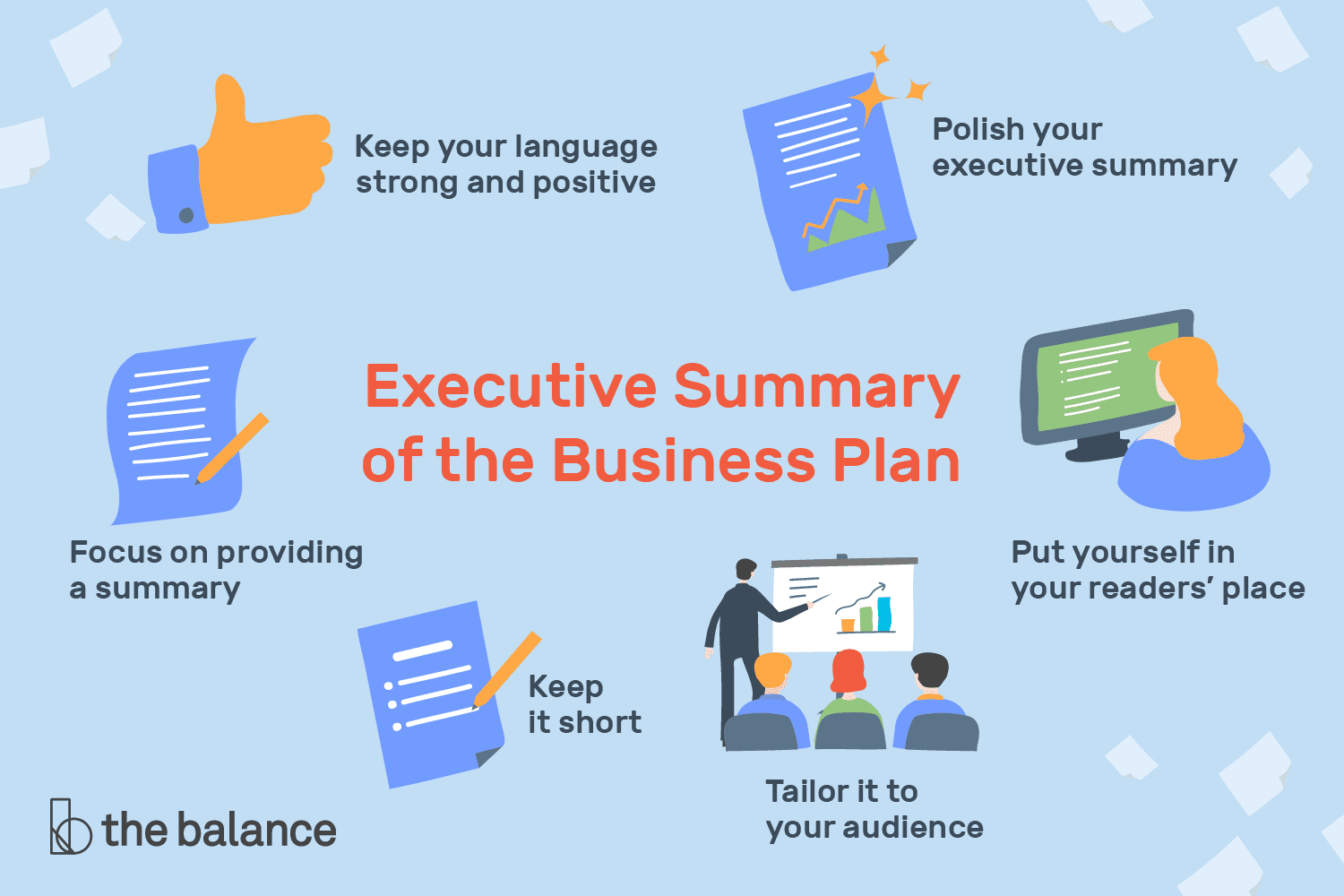Running a business is one of the riskiest, but most rewarding strategies to earn a living. It allows business owners the flexibility to manage their schedules because they become their own bosses. If thousands of people start their own small businesses all the time, you can do the same thing and take a shot at running a successful business.
If you’ve decided to incorporate your business in Ontario or any other location, there are a few key preparations you may want to make. Here’s a quick rundown on each of them.
#1. Choose A Business Structure
Choosing a business structure is one of the first things to consider before establishing your business. This will dictate what kind of company you are running and how your operations will go. Defining your company’s business structure is also required when registering your business because of taxes and regulations specific to that structure.
You have four options when choosing a business structure: sole trader, partnership, limited liability company (LLC), and corporation.
Any business structure you choose will affect how you raise capital, how much tax you’ll pay, your personal liabilities, and other obligations. Research each of these options and see which one will best fit how you run your business. Because tax and regulations can be a tricky subject, don’t hesitate to seek help from a professional business adviser.
#2. Write A Business Plan
If you want to incorporate in Ontario and you want your business to have proper direction, you need to come up with a solid business plan. A business plan serves as a general guide that helps make sure all your efforts will give you the results you need. Without a business plan, you’d have trouble efficiently allocating resources or finding areas of your company that need improvement.
A business plan contains five major sections
- An executive summary
- Business description
- Marketing strategies
- Members of the management team
- Financial documentation
You can utilize some online templates to help draft a business plan for your business. However, if you want a comprehensive or professional document, you may consider hiring experts.
#3. Organize Your Finances
You can’t expect your business to go anywhere if you don’t invest resources in it. This is why you need to have a proper budget plan. You have to account for expenses starting from the registration fees all the way to worker’s compensation. A good rule of thumb is to allocate a bit of extra cash to cover unexpected expenses that could otherwise bring your business to a halt.
You don’t always have to have a lot of cash on hand; multiple financing options are available for most startup owners. You can apply for loans, find government grants, or even seek financial aid from relatives and friends, among many others. Just make sure you understand the terms and conditions of each financing option to avoid problems later on.
#4. Conduct Market Research
Simply having a budget and a good plan is not enough to make your business succeed. You also need to know about the market itself. This is why you should conduct market research to identify points of opportunity for your business to capitalize on.
Market research involves figuring out factors such as market population, the existence of competition in your local area, and even consumer behavior, among many other things. Using the data you gathered from your market research, you can proceed to the next step.
#5. Develop A Marketing Strategy
Once you have a good understanding of the market, the next step would be figuring out a marketing strategy based on the info you gathered. If you don’t have a strategy, you’ll likely end up spending resources on promotions and projects that might not give you the best results.
The sooner you decide to develop a marketing strategy, the more time you can have thinking of the right ads and networking approaches to get your brand’s name out there. Of course, this is no easy task, and you’ll likely have to get help from marketing experts to figure out which options would best resonate with your target market given their needs.
#6. Find The Right Team
A successful business is run by a competent team. Ideally, your staff members should have the skills to carry out tasks like marketing, selling, and accounting, to name a few. Just hiring anyone who applied for a job could cost you extra because getting them on the same page would require more training than usual.
When choosing employees, you may have to ask for certification or other proof that they are qualified for the job. Depending on the task at hand, you may ask for extra requirements, especially for those applying for administrative roles.
Some tasks will require proper training no matter the applicants’ qualifications. This means you’d also want to narrow down your list to those who are keen on learning about your company’s operations. This is where interviews and tests come in handy.
#7. Outsource If Necessary
Although most of your company’s operations will be handled by your in-house staff, you’ll likely need help from third-party companies for certain tasks. If done right, outsourcing is a cost-effective strategy to optimize your business.
The most significant advantage of outsourcing some tasks is that you don’t have to worry about spending on training and extra equipment. Reputable third-party service providers have the team and the equipment that can give you good results sooner than if you invested in your own infrastructure and manpower.
Almost any part of your business operations can be outsourced. However, most business startups tend to outsource the following:
- Marketing
- Financial analysis
- Information technology
- Human resources (HR)
- Security
Another good thing about outsourcing early on is that you can pick up some ideas from more specialized companies. Over the years, their experience may provide you with enough insight into different business processes that you could end up developing effective in-house solutions to handle things on your own.
#8. Build A Website
Aside from being the digital face of the company, your company’s website also serves as a welcoming venue for current and future clients and partners. This means you need to have a website that not only looks professional but also makes it easier for businesses and people to connect with your brand.
There are two main aspects of having a good website: having a good design and ranking at the top of the search pages for better visibility. You will need a team of IT and marketing specialists who can come up with intuitive web design while also making sure you have a search-engine-optimized business website that people are more likely to pick over other similar sites.
Takeaway
Ontario is a strategic location for local and foreign markets, making it a good place to start a business. It will require a lot of preparation and resources, but this article should help guide you on your way to being successful.
Related Articles
- FINANCIAL MANAGEMENT: A Comprehensive Guide with Practical Examples (+ free PDFs)
- REAL ESTATE BUSINESS: A Definitive Guide for Beginners (+ How to start tips)
- Target Market: Best Practices & How to Define Them in 2023
- FINANCIAL RESOURCES: 7 Best Sources to look out for in 2023 (+ Detailed Guide)
- FINANCIAL RESOURCES: 7 Best Sources to look out for in 2023 (+ Detailed Guide)






